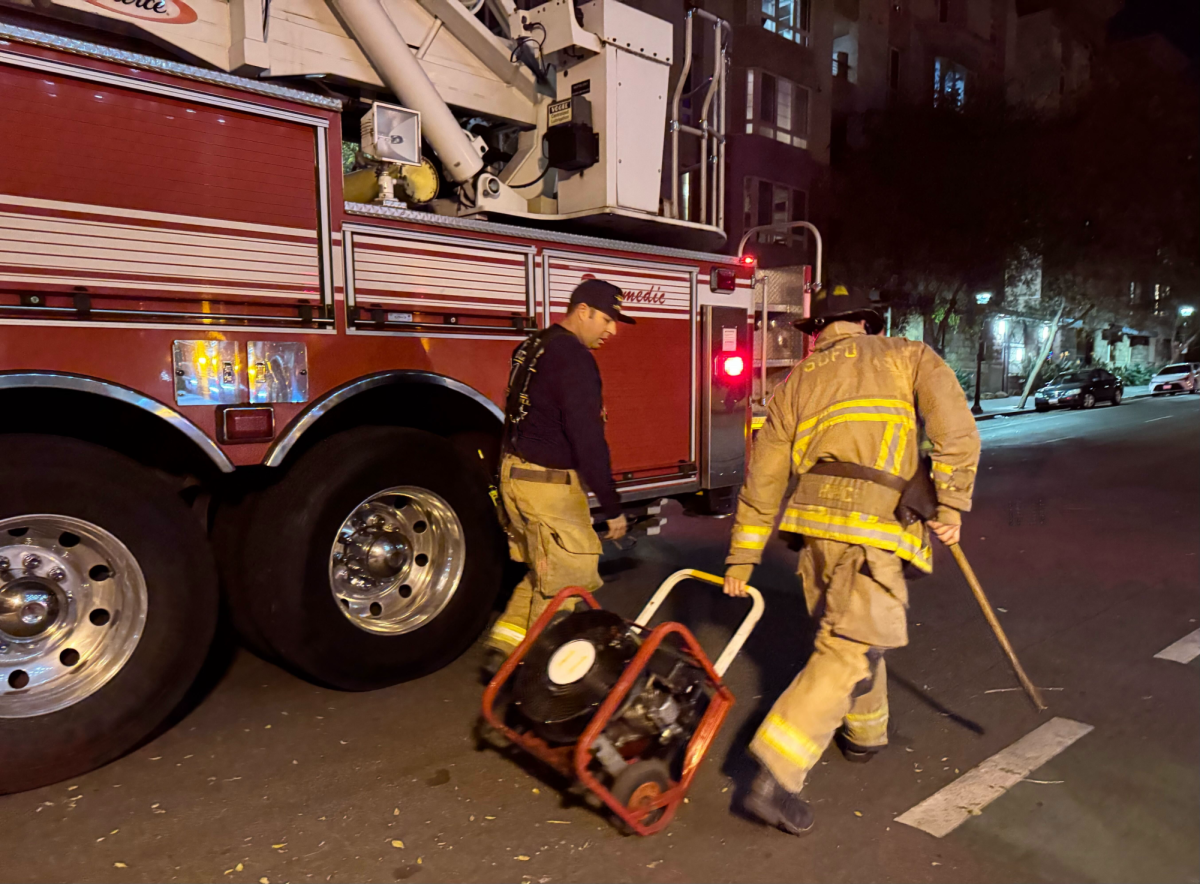Christian Contreras, a business management student at San Diego City College, is thinking about transferring to the University of San Diego because a friend already attends.
“(My favorite part is) the social life aspect of it, and how he networks with a lot of people,” said Contreras, who has visited the Linda Vista campus at least six times, of his friend’s experience.
Contreras, 19, plans to be one of over 3,000 students to apply for transfer to USD this school year, according to the U.S. Department of Education.
A community college student’s continuation of their education is an already difficult process, according to a May 2023 report by the Associated Press.
Many students strike out private universities due to the cost announced on the institutions’ websites.
Tuition and fees for the private Columbia University in New York are advertised as high as $85,967.
There are benefits that come with that kind of price tag, though.
Elizabeth Smith, a professor of journalism at Pepperdine University, said the main advantage of attending a private university is class size.
According to Smith, the average class size at Pepperdine is only 8-14 students.
“When you’re talking about skill-intensive, technology-intensive or writing-intensive classes, (small class sizes) can be very beneficial to the students,” Smith said.
That higher price tag typical of private universities can be misleading to prospective students as well.
Point Loma Nazarene, like many private universities, offers its own financial aid programs.
Students with a high enough GPA are offered merit scholarships, ranging from $6,000-12,000.
Additionally, many private universities still accept FAFSA applications, including Point Loma Nazarene, according to Sarah Orozco, the associate director for transfer admissions at PLNU.
Campus officials help students navigate their options even if they haven’t confirmed their attendance, Orozco said.
Advisors at Point Loma Nazarene want students to fully explore financing options for private universities.
“We understand that students are looking at multiple universities, and we want them to,” Orozco said.
Even with assistance, the price of attendance can be steep.
According to the U.S. Department of Education’s College Scorecard, the annual cost after considering Point Loma Nazarene’s own financial aid programs and scholarships averages at $34,000.
For comparison, the average annual cost of San Diego State University is $6,488.
Additionally, Orozco said Point Loma Nazarene looks to admit a maximum of 180 students per semester, transfer or not.
Regardless of where students choose to go, Smith said community college students will be successful, especially in her field of journalism.
“I think the journalism that is coming out of California community colleges is some of the best journalism in the nation,” Smith said. “And I don’t mean just at the college level.”
Whether it is public or private, she encourages all students to find the best fit for their skills.








